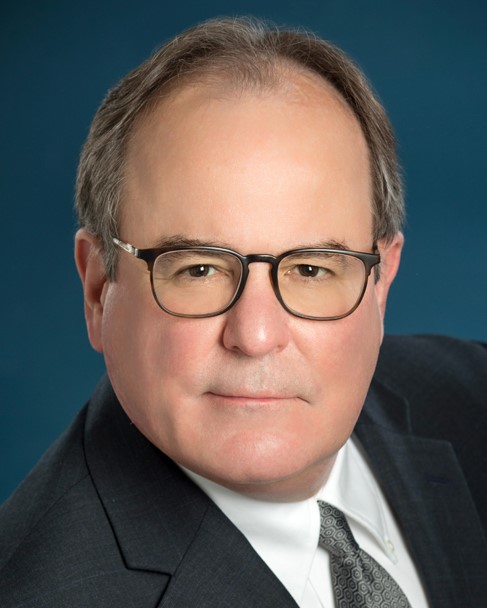Senior Research Associate Dirk Zuschlag, Ph.D., has been a lawyer, teacher, and policy researcher. He received gubernatorial appointments to two terms on Michigan’s State Teacher Tenure Commission, and for years he served on the board of Learning Forward Michigan, an organization dedicated to professional learning in education. A common career thread has been his love of education and improving lives. He excels at qualitative research with skills that include research design and data collection as well as interpretation and reporting. His previous careers add perspective and insight.
There aren’t many people who have law degrees and a Ph.D. Tell us a little about your experience before coming to PPA.
Growing up I wanted to be a lawyer. After undergraduate school at Duke, I went directly to law school at the University of Michigan. I ended up working in a small firm, mostly as a litigator. Its clients included the Michigan Education Association and other public employee unions. It was engaging work, as it involved all sorts of law. I liked the clients and believed in cases. I also learned a lot about the challenges and rewards of public education. When some of my colleagues and I started our own firm, I gained some experience as a small business person.
And then?
After about 13 years of legal practice, I found myself frustrated with the legal system, as many lawyers do. I am a strong believer in public education, and based on my legal work, I thought my skills and experiences might be useful in education. I enrolled in a graduate program in Michigan’s School of Education that allowed career-changers to earn a master’s and teaching certificate after a year. I became a teacher in Waterford, teaching classes like history, economics, and civics. I also later served as a teacher leader and districtwide instructional coach. I taught 16 years.
And then?
I enjoyed the kids and colleagues, but I thought a wave of reforms that accelerated when I began teaching were misguided and detrimental to public education. I also came to believe that I had learned and done as much as I could in the classroom. So, I decided to switch again, entering the Ph.D. program in educational policy at Michigan State University. I hoped my experience and degree might open opportunities to affect education policy formulation, implementation, and improvement. Because of connections I made as a graduate research assistant at Michigan State, PPA brought me in shortly after graduation, initially part time and then full time.
What has your experience at PPA been like?
Until I joined PPA, I wasn’t really aware that smaller, more focused research and evaluation shops like PPA even existed. Yes, implementing policy change that actually improves outcomes is challenging, but it is doable. PPA does exert influence, significant influence in the policy domains within its expertise. PPA often uses a mixed-methods approach to its research, which fits me as primarily a qualitative researcher. Quantitative research methods and results are important, of course, but good qualitative research helps us understand the hows and whys—how and why people and institutions behave as they do, how and why a policy works or not. The qualitative researcher can really get at the explanatory nuance and the all-too-human side of a policy’s or program’s story.
What projects have been most interesting or rewarding?
At the higher education level, one of our projects concerned the system of adult education in Michigan, including how it performed, compared to other states, and presented opportunities for improvement. That was interesting because of its multiple dimensions, all the different funding streams and institutional arrangements, as well as the implications for workforce development and bettering students’ lives. There have also been a couple of projects with MCAN (Michigan College Access Network) involving initiatives to support underserved adult learners’ access and success in post-secondary education, which can benefit individuals, their families, and the larger community.
And then on the younger end, I have worked on early childhood care and education projects in a time of policy development and change. Despite substantial program assistance, this sector faces many complex challenges, especially given the pandemic’s disruptions. There are so many social and economic issues facing the state, and its providers, child care workers, and, especially, families.
What do you like to do outside of work?
My wife and I have two adult children living on the West Coast, so we try to keep in contact with them, as well as other family members and friends around the country through visits or Zoom. I like to read a lot, mostly non-fiction, and to learn in a wide range of areas. I have always been very interested in politics, keeping up on current events and political happenings. And I like to do weight training and some sort of aerobic activity.

